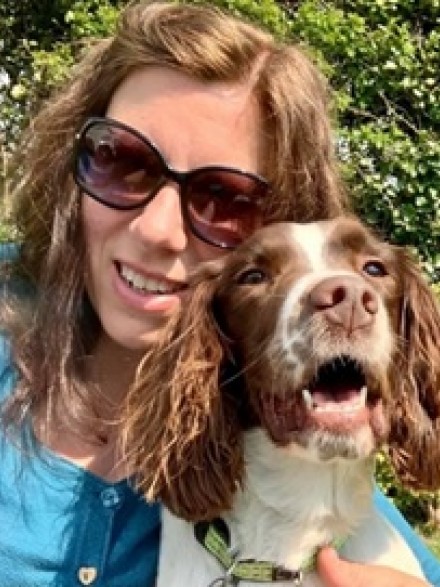Pawsome? Animal companionship and LGBTQ people’s health and wellbeing
How do animal companions support human mental and physical well-being? In this talk I discuss this question with regard to diverse sexualities and genders, and how people discuss how their dogs help catalyse interactions with other people. Drawing on the ‘Dog Talking and Walking Project’ which entailed an online survey of experiences and online interviews with dog owners, new light is shone on the so called ‘pet effect’. Focusing on the 14% of survey participants (n = 673) identifying as non-heterosexual (lesbian, gay, bisexual, pansexual, queer, asexual) and the 29% of interviewees who were LGBT (n = 12 of 41) I explore how dog facilitated social interaction is particularly important for marginalised groups. Moreover, human and canine companionship has taken on a new significance for many in the current social climate, and centring LGBTQ perspectives can add to feminist and non-heteronormative understandings of human-animal bonds.
About the speakers
Elizabeth Peel is Professor of Communication and Social Interaction at Loughborough University and was Associate Pro Vice Chancellor for the Doctoral College 2018-2022. She is a Fellow of the British Psychological Society. They have published widely in critical social and health psychology and have recently completed the ESRC-funded Future of Legal Gender project (2018-2022). She is on the Editorial Board of four journals and is Book Series Co-Editor, with Elizabeth Stokoe, of Gender and Sexualities in Psychology (Routledge). She is currently conducting the Dog Talking and Walking Project, of which you can learn more at www.wellbeingdog.wordpress.com











